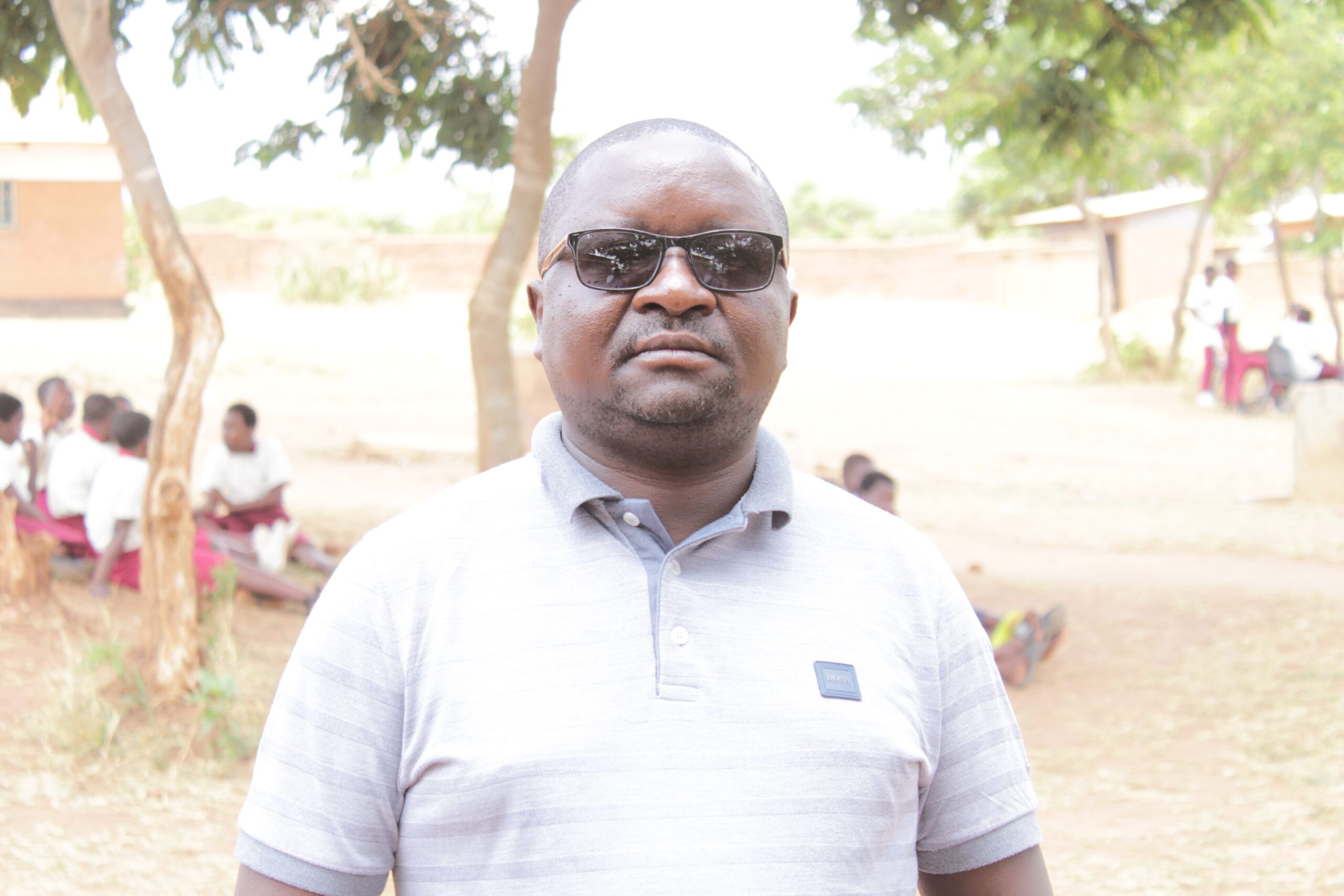
GOVERNMENT TAKES OVER MANAGEMENT OF DZALEKA BASED SCHOOLS
Moravian humanitarian and development services (Mohdevs) says the government has taken over the management of Dzaleka-based schools that were previously under their management.
Speaking during an interface meeting with Dzaleka-based primary school teachers for Umodzi Katubza, Nachimenya, and Light of Hope, Mohdevs executive director Jonah Sinyangwe indicated that the new arrangement will promote quality and equitable education.
He says the meeting aimed to update the teachers on the progress made in transitioning from private-owned schools to grant-aided schools.
“A lot has happened this year in terms of education here at Dzaleka and notable achievement is the transition from operating the schools as private to grant-aided schools,” explained Sinyangwe.
We wanted to share with the teachers how the schools will be operating under the new arrangement, and get their perspective, experiences, and expectations.
“With the new arrangement the government will be managing the affairs of the schools and Mohdevs will be complementing where there is need,” said Sinyangwe.
He conceded that the Dzaleka environment is slightly different from the normal Malawian school set up saying most schools in the camp have a high population but he was upbeat that Mohdevs will be providing capacity building to the teachers to help them impart knowledge to the students without any challenge.
“We have three primary schools in the camp, Umodzi Katubza, Nachimenya, and Light of Hope which have a total population of 5,356 students. While Dzaleka Community Day Secondary School has a total population of 1,039 students,” explained Sinyangwe.
On his part, one of the teachers at Nachimenya Primary School, Macford Nkhoma hailed the government for the positive strides made in supporting refugee children’s education.
He cited the taking over of the management of schools and efforts to enhance the inclusion of refugee children in other education-related issues.
“This is a better chance for the refugee children to access quality education by tapping from the pool of government resources,” said Nkhoma.
